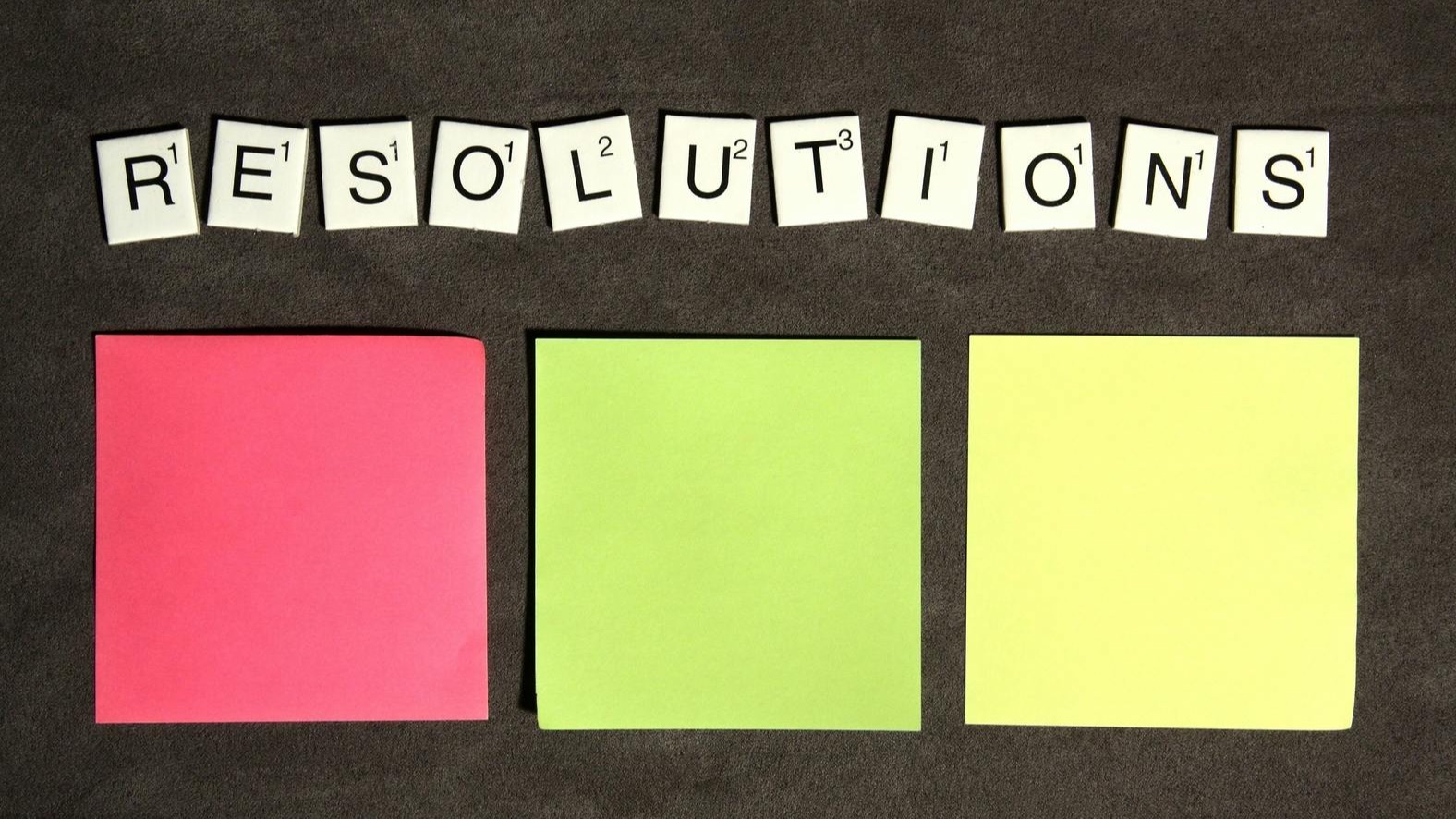The #1 way to Achieve Your 2025 New Year’s Resolutions
Dec 26, 2024
The new year marks a new beginning. It’s a time to reflect on the highs and lows of last year and resolve to grow even more this year. 2025 is a chance to renew your ambition and determination.
The excitement of the new year’s new possibilities is invigorating. The opportunity of it all will no doubt inspire billions of people to make new year’s resolutions. Sadly, most of those people will never achieve their hopeful goals. They’ll go a few days or a few weeks and then hit a crushing wall of burnout because they missed the most important part of pursuing progresses: maintaining their emotional health (also known as emotional intelligence).
Emotional instability is the most common factor that keeps people from achieving their goals because resolutions require resilience. It is a huge roadblock that is impossible to bypass. The only way to get past it is to overcome it.
The number one way to set yourself up for a successful year of growth is to make your emotional intelligence a priority.
Why Emotional Health is so Important
Let’s face it, change is hard, and it’s supposed to be. The challenge of growth is the very thing that changes us. The breakdown of your muscles during a workout is what causes the body to repair them to be stronger. The struggle of putting aside distractions is what refines discipline. The challenge is what actually teaches us.
That is why a foundation of emotional health is so important; growth puts your mind and body through huge amounts of stress and discomfort. If you can’t cope with the stress and discomfort of progress, you won’t be able to make progress.
Maintaining your emotional intelligence will give you the fortitude you need to chase your ambitions with success.
The Benefits of Emotional Intelligence
Being emotionally intelligent/healthy means you are self-aware and able to regulate your emotions. These are the skills that will help you identify, face, and resolve the challenges and obstacles that come with achieving your goals.
- Self-awareness
Self-awareness is a skill that allows you to see your emotions and actions clearly and understand the subliminal messages they are delivering to you. When you build self-awareness, you know what your triggers are and how to center yourself when you encounter them.
Becoming emotionally healthy and maintaining that state start with self-awareness. You must first be able to identify and understand your emotions before you can address them. When pursuing a resolution, self-awareness helps you to identify the obstacles ahead of you, so you can prepare accordingly.
To build your self-awareness, try journaling. Every night, write down 3 things you felt that day. Then explore deeper. What did you feel? What triggered that emotion? How did you respond? What might you change about your response if you encounter that feeling again in the future? What do those feelings tell you about your values, beliefs, and boundaries?
We build self-awareness by reflecting on our experiences and behaviors.
- Emotional regulation
Emotional regulation is the most important aspect of maintaining your mental health. This is the part where emotions are actually addressed. Emotional regulation is a big complicated topic. The main pieces to focus on are a tolerance for discomfort and developing productive coping mechanisms.
A tolerance for discomfort is the capacity to hold onto your motivation when things get difficult and even painful. Being able to tolerate discomfort is essentially being able to patiently wait for the end result you are seeking. Reaching goals takes patience. You won’t see results right away.
To increase your ability to tolerate discomfort, write down the purpose behind your goal. When you’re faced with discomfort read the purpose out loud to remind yourself what you are doing this for.
Productive coping mechanisms are things that recenter our nervous system and get us back to a place of balance. These are things like talking to a trusted friend, deep breathing, meditation, and exercise. When we are triggered, coping mechanisms help us to recenter our minds in reality and clear our distorted vision.
Exercise is the most powerful tool to process and cope with stress. When you start to feel triggered (angry, anxious, stressed…), go for a walk or a run, or find some way to get your body moving and your blood pumping. Take note of how you feel afterward. Does your mind feel clearer?
Being able to regulate your emotions empowers you to withstand the pressure of working toward a resolution and course-correct when things get a little off track.
Achieving Your New Year’s Resolutions Starts with Emotional Health
Start the year off strong by improving your emotional health. It is the foundation of your discipline, resilience, and your capacity for growth.
To kick off your journey to emotional intelligence, try our 5-day masterclasses.



